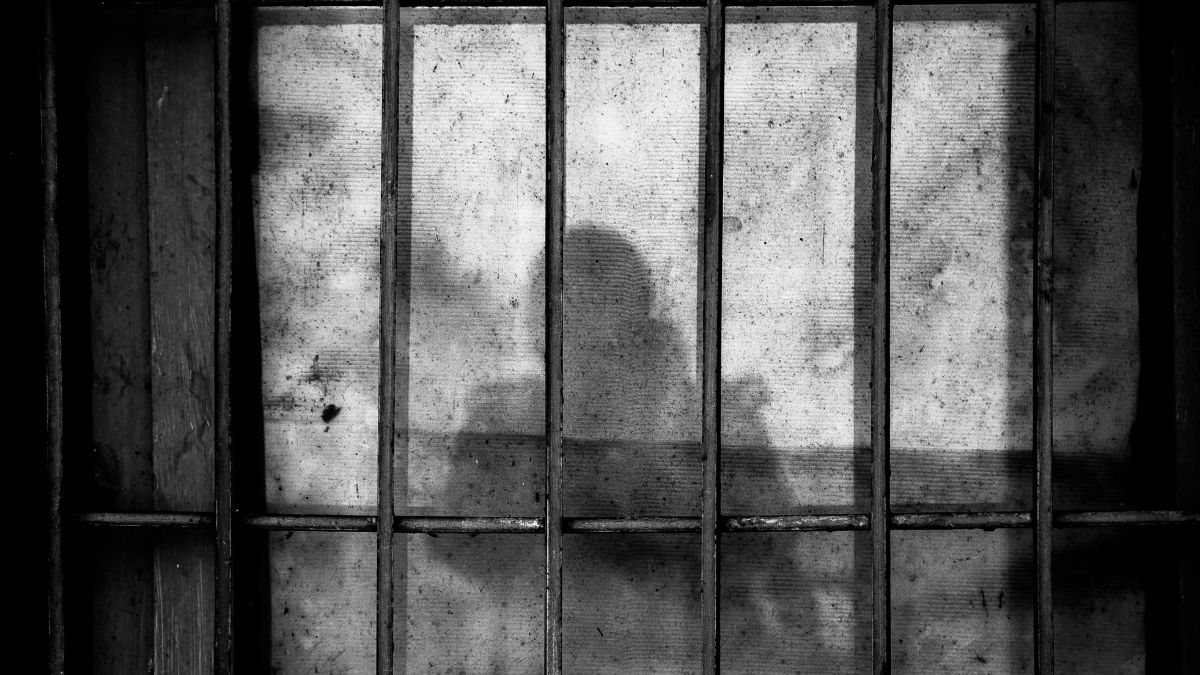

BreakPoint
Wrenching Good Out of Evil
On the evening of August 30, 1966, Nien Cheng sat alone in her Shanghai home, reading. Toward midnight, she heard a truck stop in front of her house. Moments later a gang of Red Guards burst through her front door. The leader stepped up. “We are the Red Guards. We have come to take revolutionary action against you!” he said. The gang proceeded to ransack Cheng’s home. Cheng—a wealthy woman with ties to England—was thrown in prison; her daughter was also taken from her. She was accused by the Communist government of spying for the British. The charge was false—but powerful people were about to make her a sacrificial lamb, somebody who would discredit Chairman Mao’s opponents. At a kangaroo court, the prosecutor demanded that Cheng confess. She was outraged. “I have never done anything against the Chinese people and governments,” she declared. Cheng was taken back to prison. It was the beginning of seven years of torture, illness, and endless efforts to make her confess. But Cheng resolved never to make a false confession. Although raised Buddhist, she had become a Christian as a teenager. During her years behind bars, she later wrote, “I was not afraid. I believed in a just and merciful God, and I thought he would lead me out of the abyss.” As I note in my new book, The Good Life, Cheng’s captors were astounded at her ability to resist. Here she was, the poster child of the decadent capitalists; they were certain that someone who enjoyed her privileges would crumble once the material props of her old life were removed. But the measure of Cheng’s life was not found in what she owned. During her suffering, one thing kept her sane: her belief in the truth. Through committing herself to the truth, she never lost her humanity—and she remained unaffected by the appalling changes in her circumstances. Cheng’s embrace of the truth also allowed her to envision that justice would eventually prevail, and that good could come out of this evil. In this, Cheng was fortified, of course, by her Christian faith. Alone among the world’s great religions, Christianity gives value and meaning to evil and suffering. British novelist Dorothy Sayers captured the essence of this. Christianity, she wrote “affirms . . . that perfection is attained through the active and positive effort to wrench a real good out of a real evil.” This is the essence of what Christians call redemption, and it underscores another truth: We have to understand the evil in ourselves before we can truly embrace the good in life. In 1973, Cheng was finally released and later immigrated to America. I had the privilege of hosting a dinner that Prison Fellowship gave in her honor in 1987. Cheng’s life perfectly illustrates the fact that the good life is not conferred by wealth or possessions. Just as important, it cannot be denied even in the midst of horrific adversity. In fact, as I discovered in my life, we often find true meaning and purpose in deprivation, when all the distractions of modern life are stripped away. The good life, you see, is realized in our ability to hold fast to the truth—and the human dignity that rests upon it.
12/26/05















